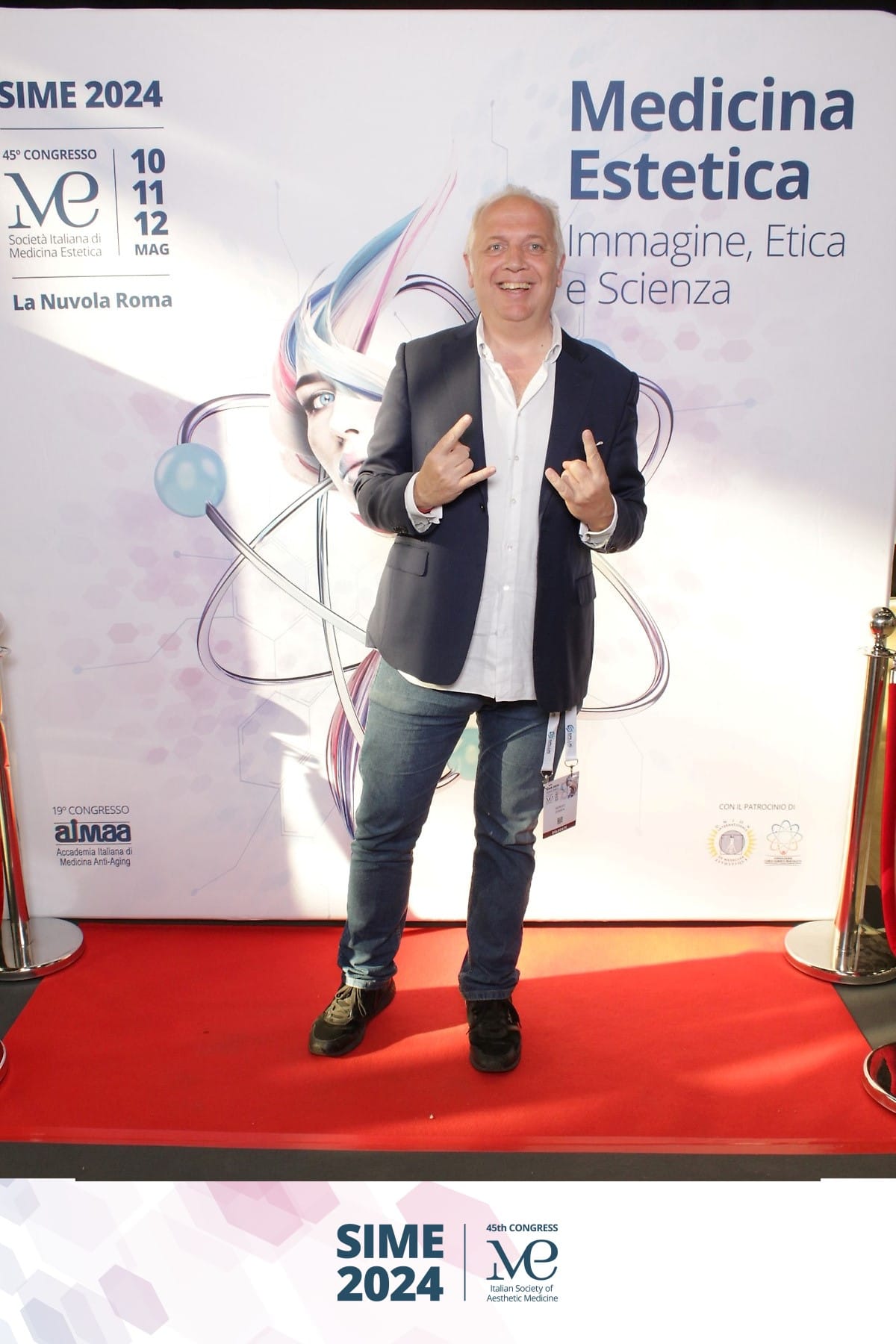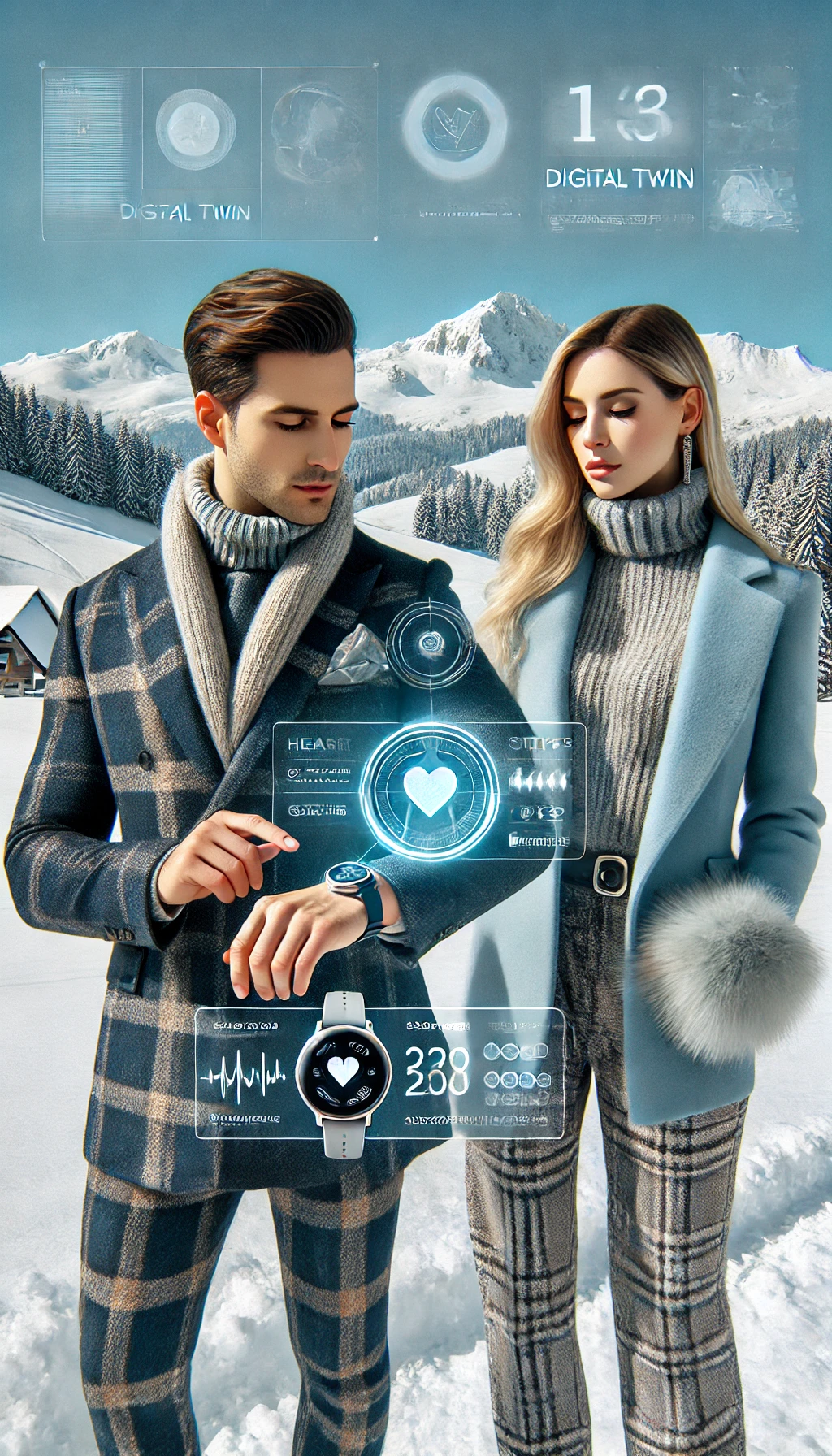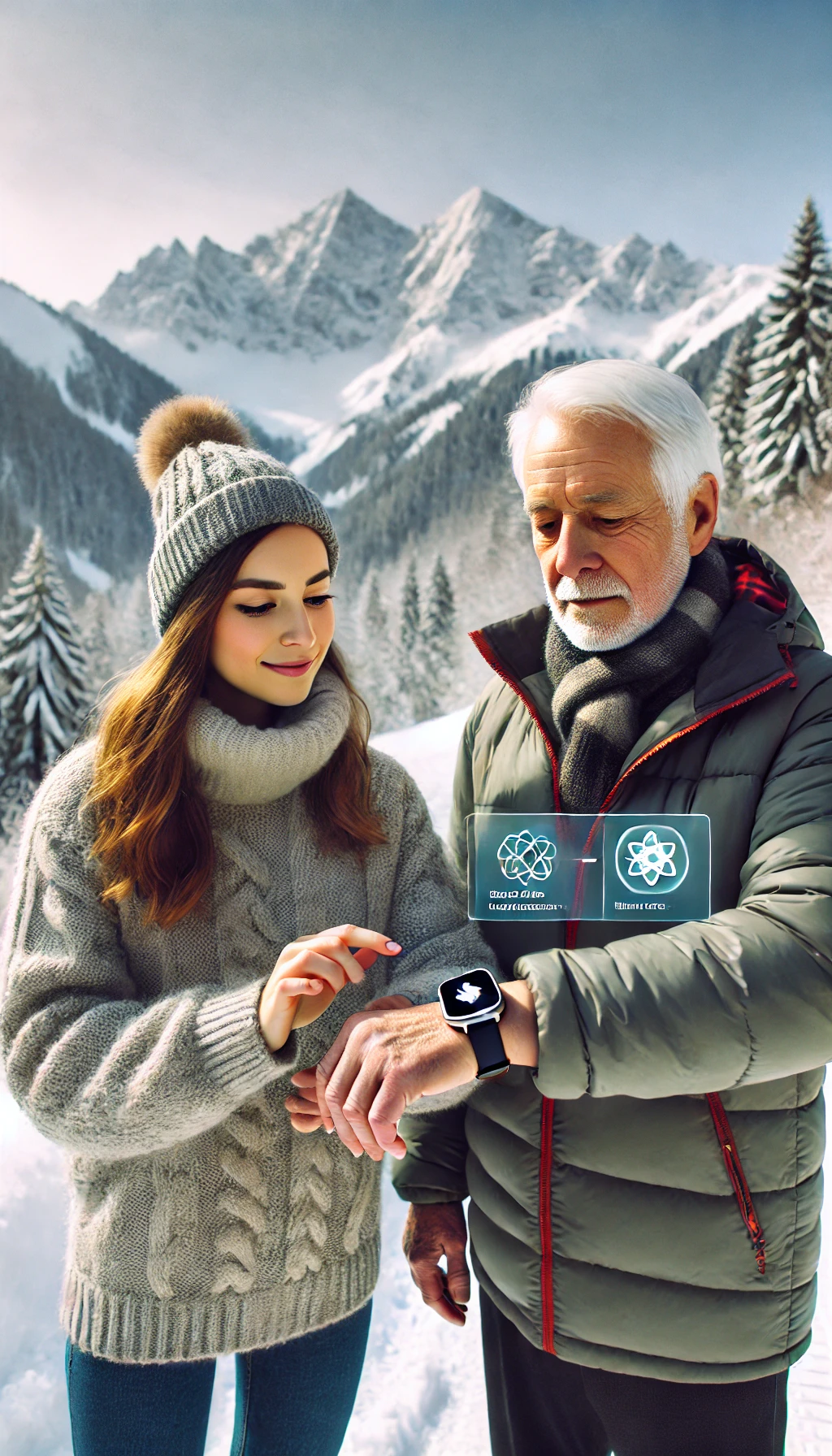
Sergio d'Arpa is an Italian entrepreneur and author, renowned for his contributions to digital and predictive medicine. He is the founder and CEO of Klinik Sankt Moritz AG, recognised as the world’s first fully digital clinic.
Among his key innovations, d'Arpa developed the concept of the Digital Twin for Health, a virtual representation of the patient that integrates data from wearable devices, applications, and molecular tests. This technology enables continuous health monitoring, advancing predictive medicine and disease prevention.
He has also pioneered the concept of Augmented Longevity, focusing on the use of advanced technologies to extend and enhance the quality of life. By integrating epigenetic data with lifestyle analysis, his work aims to deliver personalised solutions to promote longevity.
d'Arpa contributes to a digital health column for Tiscali, where he explores topics such as artificial intelligence, innovative medical devices, and the impact of technology on modern medicine.
His expertise in supercomputing and automation has led to the development of complex systems capable of processing large-scale data, essential for implementing predictive and personalised medical solutions.
In summary, Sergio d'Arpa is a leading figure in medical innovation, committed to transforming healthcare through advanced digital technologies, with a focus on improving prevention and enhancing patients' quality of life.
I am an aspiring father, entrepreneur, author, speaker, and supercomputing expert. "Aspiring" because I keep trying, without fully understanding how it works, though I suspect I’m not alone in this.
https://innovazione.tiscali.it/rubriche/sergio-d-arpa/
https://www.linkedin.com/in/sergiodarpa
https://www.verduci.it/en/category/verduci-digital-twin-en/
[email protected]
Telegram @sergiodarpa
+39 388 361 7433
My Journey in Solving Complex Problems and the Path to Longevity
I have always been dedicated to tackling complex problems and developing advanced solutions on the web. Take ADSL, for example: on the surface, it may seem simple, but managing all the activities involved—last-mile delivery, worker coordination, regulatory compliance, and legal requirements—makes it incredibly intricate.
Imagine rolling out ADSL across Europe, with each country having its own set of last-mile regulations. This meant managing different contracts, languages, and pricing structures for each market.
I’ve always been responsible for large-scale, high-complexity systems that required automated responses to millions of similar requests daily. Manual handling was impossible, so I relied on supercomputing to automate these processes. What we now call artificial intelligence (AI) was, in essence, the automation and computational power needed to meet these demands. Back then, it wasn't "generative AI" as we know it today, but it was intelligent processing nonetheless.
For instance, I once developed a search engine to locate people selling cars, based on the insight that someone selling a car was likely in the market for another one. The market has since evolved—today, someone selling a car might instead buy an electric bike or scooter. But the principle of creating solutions based on complex data remains the same.
Throughout my career, I've consistently pursued complex, innovative products and advanced research. Then, one day, I moved to Saint Moritz and discovered I had high blood pressure. At 2,000 metres above sea level, this was dangerous. My then-wife, a doctor, was deeply concerned—though perhaps today, she’d feel differently!
She warned me of the risks. In an attempt to manage the issue, I casually mentioned I’d download an app to monitor my blood pressure remotely, thinking it would be a straightforward solution. To my surprise, no such app existed that could reliably track and report my health metrics in real-time. This exposed a significant gap in healthcare, one that remains today.
The gap lies not only within healthcare but also between specialised fields. We have highly skilled engineers and doctors, both operating in intensely vertical domains. Yet, there’s little collaboration across these fields.
This creates a siloed approach to innovation, with each solution addressing narrow areas like cardiovascular health, orthopaedics, or dermatology. Holistic medicine exists, but it rarely goes deep enough to integrate vertical specialities effectively.
Bringing an “horizontal” perspective into such a highly verticalised world is challenging. I spend hours training specialists to adopt a broader view, aiming to instil an interdisciplinary mindset.
However, interdisciplinary teams often simply align experts side by side, which is a delegated approach to achieving an integrated view, rather than a truly holistic one. To achieve longevity and comprehensive patient care, we need an inherently horizontal vision—one that isn’t just a patchwork of specialties.
This is especially challenging in the medical field, where depth and rigour are rightly prized. Doctors, trained to delve deeply into their specialisations, find it difficult to approach problems with the necessary flexibility. It’s not about undermining depth but fostering a degree of adaptability that allows them to see the bigger picture.
My goal, despite not being a doctor myself, is to cultivate this mindset. It’s a difficult mission—guiding professionals whose dedication to depth runs deep towards an openness to broader thinking. But if we are ever to achieve true longevity and preventive health, this integration is essential.
Someone has to bridge this divide, and I am committed to doing so. Without a cohesive, cross-disciplinary approach, we risk missing the larger vision needed to advance healthcare and promote longevity in meaningful ways.

